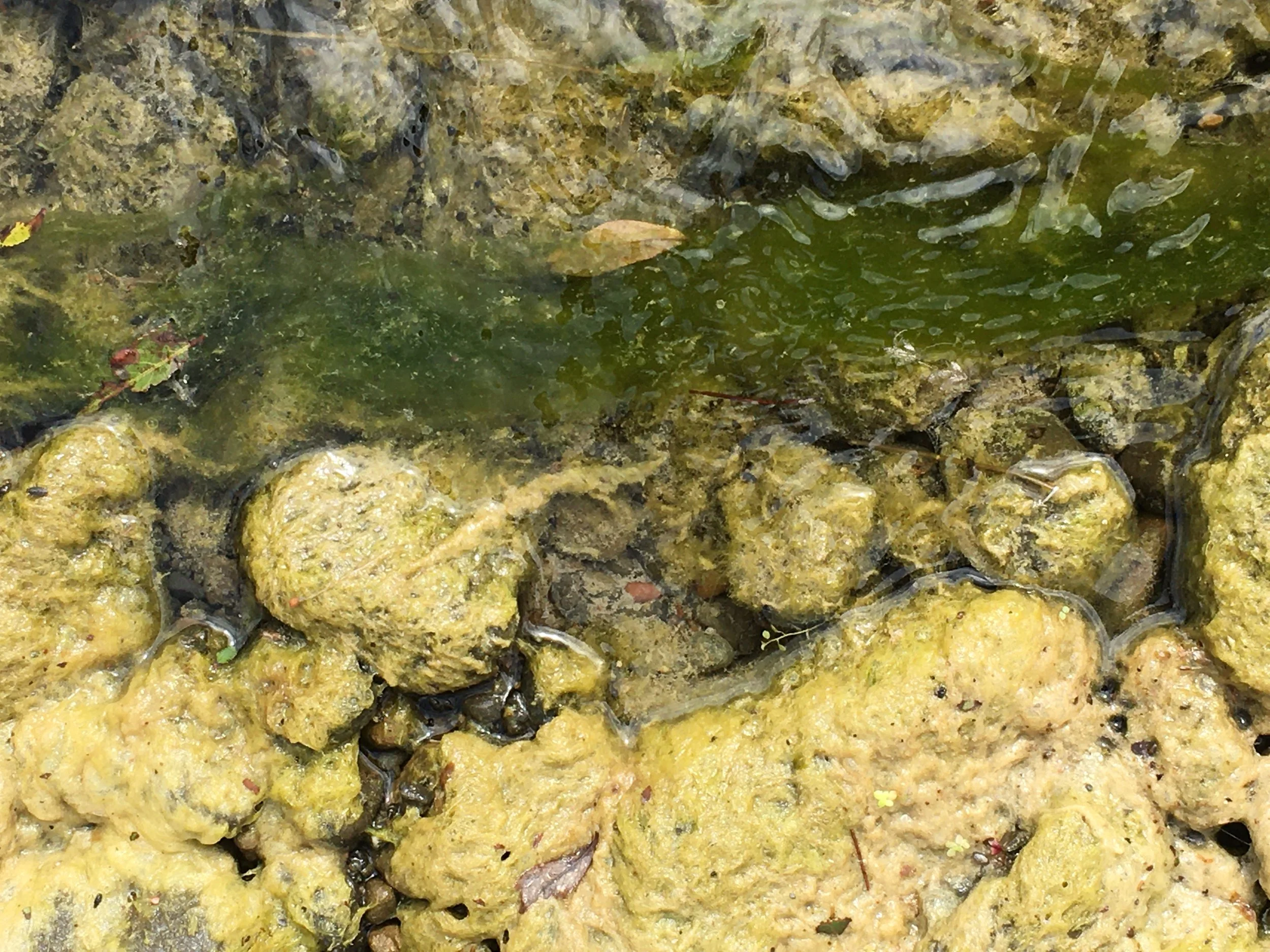Greater Wellington Regional Council must stand up to the short-sighted Coalition Government in its vote tomorrow on whether to continue with its regional plan change to protect and restore water quality in the region, say freshwater campaign group Choose Clean Water.
Regional council papers show councillors will be considering three options for the region’s freshwater plan change at their meeting on Thursday 26 June: to pause the plan change until October, to pause the plan change until they can continue with ‘confidence’ about upcoming changes to national direction, or to withdraw the plan change entirely.
“Regional councils are being bullied by this short-sighted Coalition Government into stopping their years-long, vital work to save our waterways from further degradation and protect our drinking water sources. This Government is compromised by its close ties to polluting commercial interests and Wellington regional councillors must stand up to them for the health of their region’s environment and people,” says Choose Clean Water spokesperson Tom Kay
Kay says Wellington Regional Council’s uncertainty in moving ahead with their plan change is another sign of the Government trying to take power away from communities to make decisions about managing their rivers, streams, and harbours, and instead give it to polluting commercial interests.
“There is no reason to throw out this plan change. Councillors are risking starting this process all over again on the basis of yet-to-be-seen national policy and speculation about what may or may not eventuate. They should keep calm and carry on.”
The plan change forms part of a program to restore and protect fresh and coastal water health the Regional Council has been working on for the last 15 years, including with significant investment and support from communities and iwi. It would bring policies and rules for two major Wellington catchments into line with the National Policy Statement for Freshwater Management 2020, including the prioritisation of freshwater and community health in decision-making over commercial interests.
But with changes to weaken freshwater policy announced by the Government, councillors are now considering whether to continue or not, risking undermining years of progress and future potential for healthy water in the region, say campaigners.
“The council meeting papers say that if the plan change is withdrawn, water quality that is already degrading by some measures is likely to continue to degrade because the old plan provisions are less protective.”
“Communities have been waiting decades for these plan changes, particularly in places like Te Awarua-o-Porirua / Porirua harbour, which continues to suffer from issues like sediment buildup and pollution from heavy metals, pathogens, and nutrients, with impacts on fishing and food gathering, swimming, boating, and human health.”
“The plan also promotes planting of highly erosion-prone land, and adds provisions on stormwater and earthworks that would help reduce risks of flooding and erosion. We’ve seen what Cyclone Gabrielle did in regions that hadn’t prepared for the impacts of these natural hazards. Why would we delay these actions that will build resilience?”
“This Government came into power saying they were going to allow local communities to make decisions at a community level. But they lied. We saw it with Otago Regional Council being stopped when they tried to progress a freshwater plan change that was years in the making. Now we risk seeing it with Wellington.”
“Wellington Regional Council must push ahead as soon as possible.”
Wellington Regional Council will vote on whether to proceed with the plan tomorrow, 26 June.
The Government’s consultation document on freshwater policy is open for submissions until 27 July. The consultation document proposes to remove national bottom lines for pollution as well as to remove or rewrite Te Mana o te Wai, the decision making framework in current national policy that prioritises the public interest in healthy water bodies.
ENDS
Tom Kay
022 183 2729

